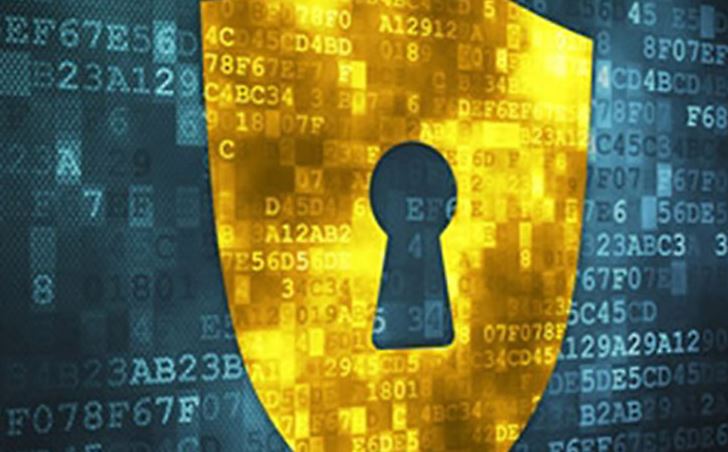Cyber Security
As identity security changes over time, we all will be learning new things and tactics when it comes to technology. Here are a few ways identity security is evolving.
Online security and privacy have been concerns for as long as the Internet has existed. And as the technology to break into databases and retrieve digital information has advanced, so have the technologies to prevent that. What was once the stuff of science fiction is now in many ways a reality, and identity security continues to evolve. Consider these four ways identity security is evolving with technology.
1. Retinal and Thumbprint Scanners
New smartphones have the ability to scan and recognize your face in order to grant you access. Once a thing of science fiction, thumbprint scanning is now pretty standard on most devices. Iris scanners are newer, but there are several devices that now come equipped with it. This makes it much more difficult for anyone other than you to access your devices and data.2. Better Password Requirements
To make it more difficult for computer programs to be able to run through combinations until they find the right one or other users from guessing them, many sites are requiring users to have more variables in their passwords. Namely, the most common addition nowadays to old password requirements is that new ones must utilize a special character in addition to letters and numbers.Related articles
3. CAPTCHA
While annoying to many users, CAPTCHA does play an important role in preventing spam. The purpose of CAPTCHA is to prevent spam messages from being sent or fake spam accounts from being created. It does this by forcing users to enter words off an image or answer questions to ensure they aren't bots. CAPTCHA has evolved significantly in even the last few years in order to fend off programs that can correctly guess and enter the right words, including the addition of visual puzzles.4. Management Services
New technologies to manage your digital presence, such as Joinesty, now offer users the ability to keep and manage their logins and passwords all in one place. These services are secure, especially compared to your browser. While convenient, the ability of most browsers to store important information, such as shipping addresses, credit card information and even your social security number, should be used with caution, particularly if you share your computer with someone else.In order to keep your data as secure as possible, it's always in your best interest to know what security features are available and have them turned on. It's also important to recognize potential security problems and turn off those features if you so choose. A matter of final importance to consider is that no matter how good your encryption is, the host's security needs to be up-to-date as well - you should always do what you can to understand privacy policies and ensure the type of encryption websites use will be sufficient. As identity security evolves, we all will be learning new things and tactics when it comes to technology.
| By | Embed |
Emma is a freelance writer currently living in Boston. When not writing, she enjoys baking and indoor rock climbing. Find her on Google +. | |




